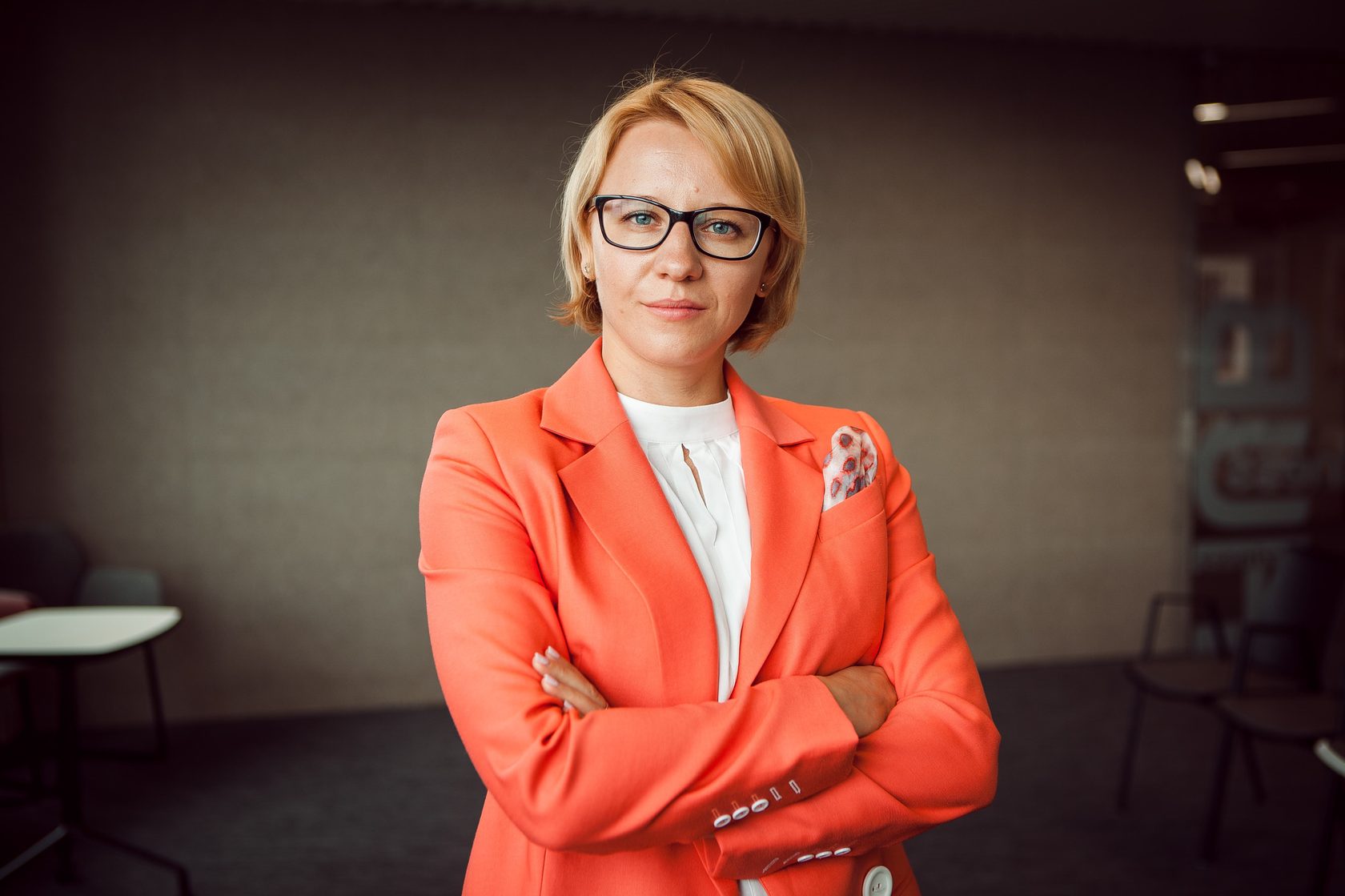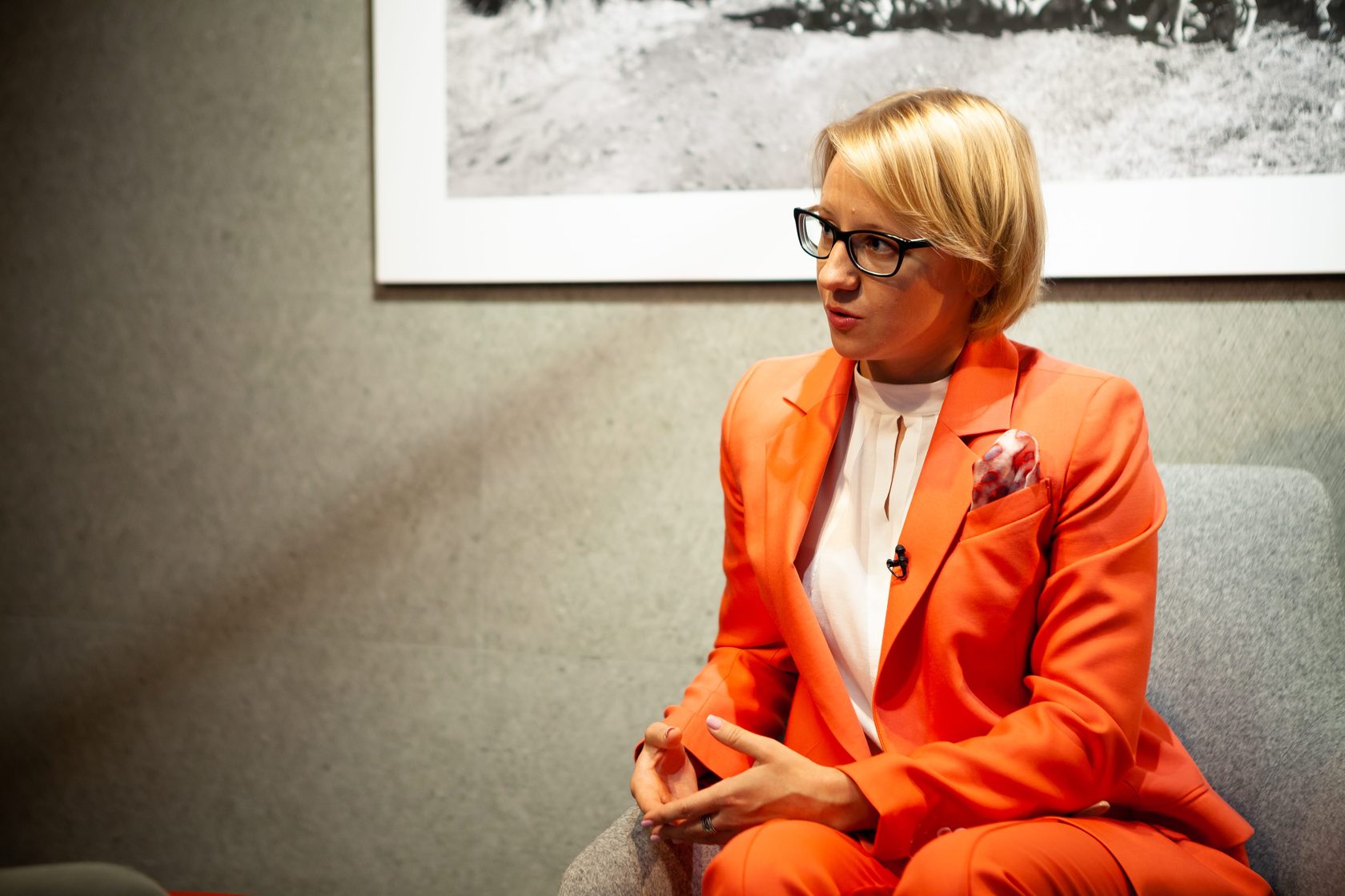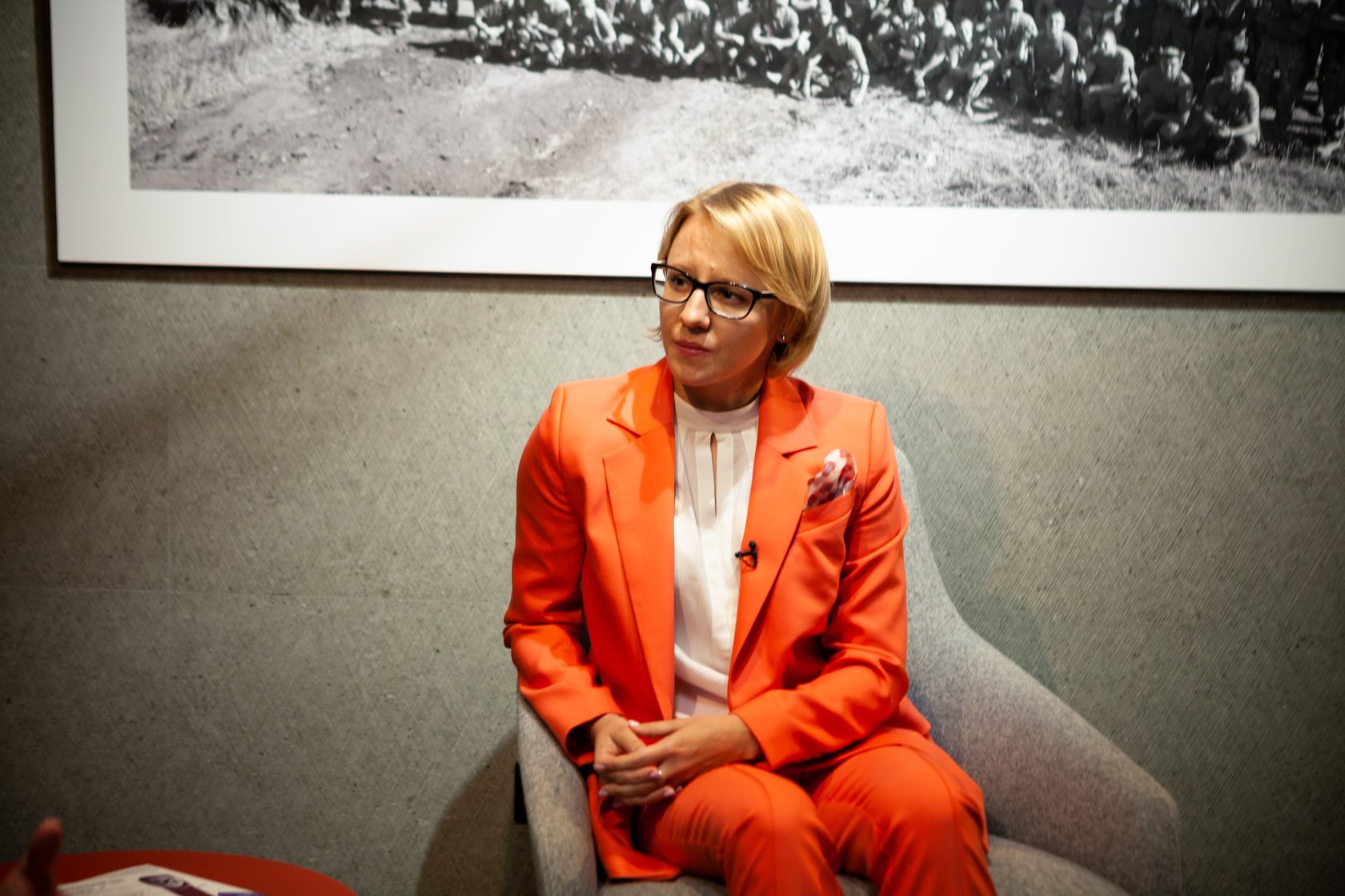Viktoriia Dobrynska: First I would like to note that mergers and acquisitions are really a very interesting topic especially in such business areas as the financial sector, agribusiness and TMT (telecommunications, media, technology). This year, a number of significant transactions were conducted in Ukraine, for instance, the
merger of Rozetka and EVO Group. It testifies to the prospects of market segments mentioned above and the fact that such transactions will be successfully carried out in the future as well.
With respect to agricultural companies, I can't say that they are in the leading positions by the number of deals concluded. But as a rule, these are large transactions, the support of which requires much effort from the lawyer and insight into agricultural business. And we are interested in such transactions, complex and multifaceted.
Among the latest such M&A deals, I would highlight the
Delta Wilmar CIS deal to
acquire Chumak, which required us to fully cooperate with many of the company's lawyers.




